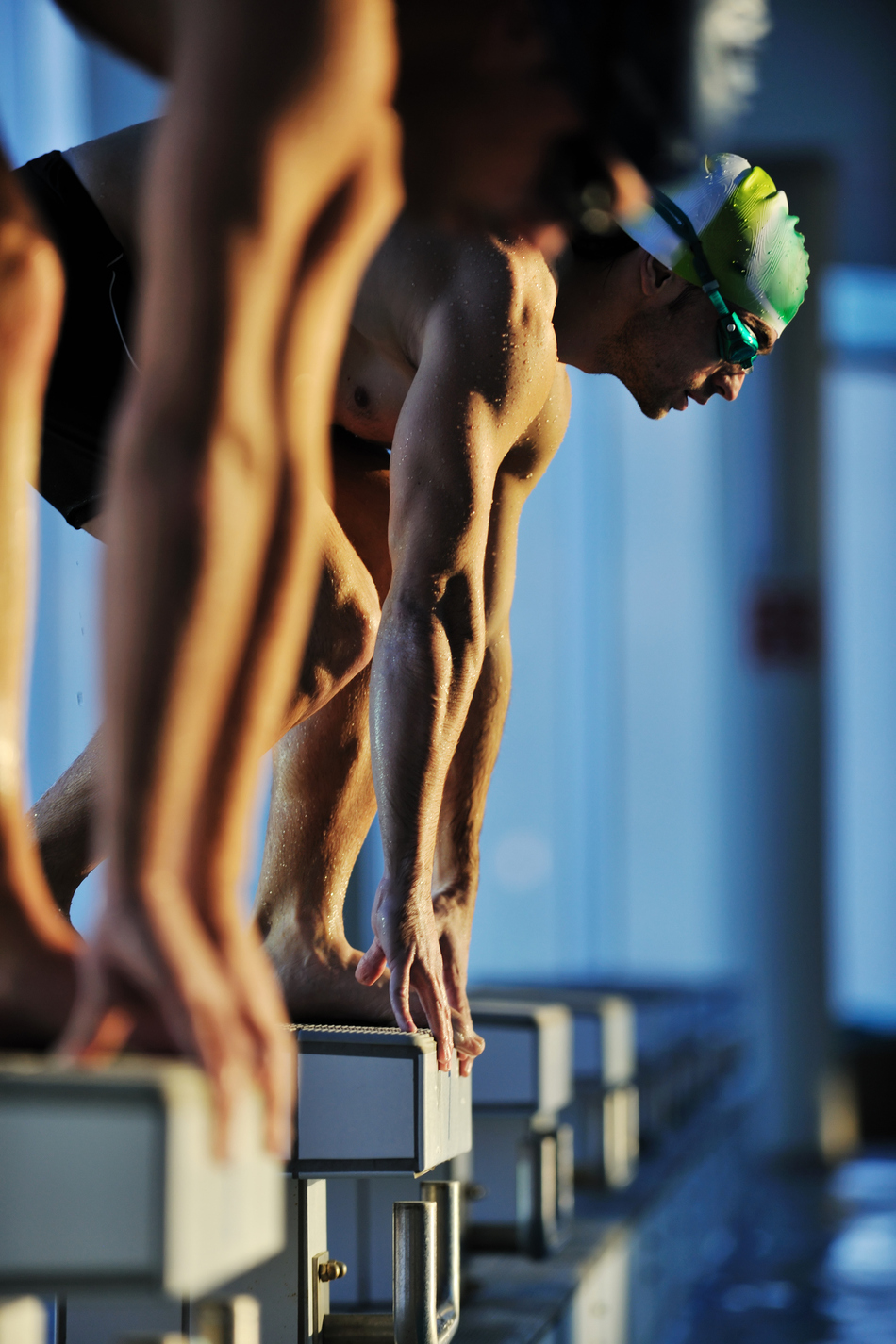
Episode Transcript
Interviewer: Olympians are some of the strongest, fastest, hardest-working athletes in the world, pushing their bodies to the limit. But what's it like for a doctor who takes care of them? That's coming up next, on The Scope.
Announcer: Health tips, medical news, research, and more for a happier, healthier life. From University of Utah Health Sciences, this is The Scope.
Interviewer: I'm here with Dr. Willick, and he is a sports medicine physician at the U. He's worked with the international Olympic and Paralympic medical communities and has worked with some athletes himself. When you're working with an athlete, what kind of considerations do you have to take in when compared to, you know, just someone that hurt their leg when they're hiking, or something like that?
Dr. Willick: One special consideration with any athlete who might get tested for doping is that we have to make absolutely, 100% certain we don't make any mistakes when prescribing medications. So for every single medication that we prescribe with an athlete, we always check, double check, and triple check whether or not it is on the prohibited list to make sure the athlete doesn't inadvertently get into trouble. It turns out that a lot of anti-doping violations are actually mistakes made by healthcare providers unknowingly prescribing a prohibited substance to an athlete when they shouldn't.
Another important consideration when you're taking care of elite athletes is, what is their training and competition and travel schedules. We often have Olympic and Paralympic athletes come to clinic who may only be in town for three days. They may be in between one World Cup event and the world championships, for example. Sometimes you have to prearrange things to get a lot done in a short period of time. You have to know when their next major competition is, because that's going to affect your workup and your rehabilitation protocols. For a recreational athlete, for example a hiker, we often have more time for the workup and rehabilitation.
Interviewer: So, with these extraordinarily driven athletes and things like that, what is it like when, you know, maybe they're injured, or, do you ever come up to a situation where they want to compete, and they're going to compete, and it's against what you want, what's best for them? You're saying, "Hey, I'm your doctor, no, you shouldn't be doing this"? Do you ever run into those types of things, or, how do you deal with those?
Dr. Willick: The short answer to your question is yes, of course. We run into that with recreational athletes as well as the world's best athletes. People want to do their sport, they want to continue being active, they want to compete. Every case is taken individually. There are times when it might be okay for an athlete to compete with a particular injury, knowing that maybe it'll give them a setback, but if they have one chance to compete in the Olympics, sometimes they just have to go for it.
And that's very different than if you have one chance to compete in the next 5K that's being run in town, knowing that there's going to be another 5K a week later and another 5K a week after that or a month after that. But often, there's only one opportunity to actually compete in the Olympic or Paralympic Games and the fact of the matter is, that can be reflected in the medical decision-making. However, if it is truly unsafe or unwise for the athlete to compete, we absolutely have that discussion with the athlete, along with their coach, sometimes with their family and other members of the team.
Interviewer: So coming up, we have all these people sitting down, watching the athletes, right, and cheering for their country, their favorite athletes, watching their favorite sports and stuff like that. What is something you would want the viewers, our American listeners who are sitting and supporting their country, to know about these athletes? What is something that they should appreciate and know about these athletes?
Dr. Willick: The viewer should appreciate the thousands of hours of hard work the athletes have put in to be on TV at the Olympic or Paralympic Games for a few seconds, or a few minutes, or maybe an hour. Thousands of hours of strength training, and flexibility training, and motor skills training, and meeting with a sports nutritionist, trying to regulate their sleep, meeting with a sports psychologist, and the dozens or hundreds of support staff behind every athlete. From all the specialists, to the coaches, to the coaches they had in their earlier days, and yes, even the medical staff supporting that athlete.
Interviewer: So you'll be watching?
Dr. Willick: I will be watching, yes.
Announcer: Thescoperadio.com is University of Utah Health Sciences Radio. If you like what you heard, be sure to get our latest content by following us on Facebook. Just click on the Facebook icon at thescoperadio.com.